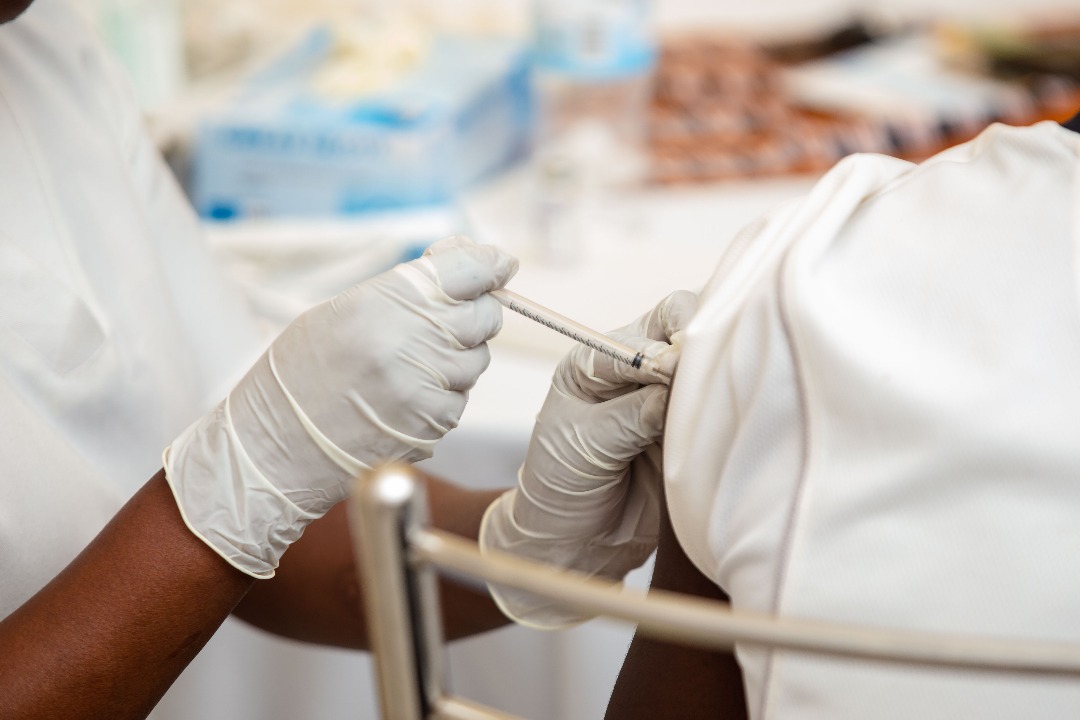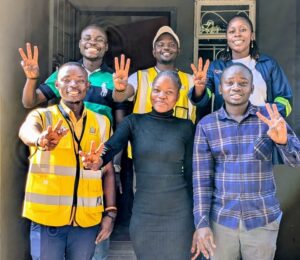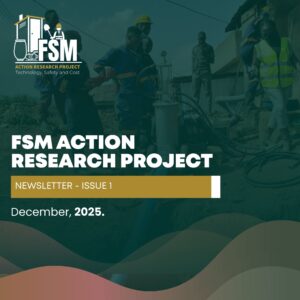As a Public Health Research Assistant with Catalyst Development (CaDev), It is my pleasure to lead this important milestone in our ongoing FSM Action Research Project here in Lusaka. In the past few weeks, 45 sanitation workers from Geochi Services, Chimvano Nichabwino, Kanyama Water Trust, Lunem, Chazanga Water Trust, and Evergood Services received vaccinations against hepatitis B, cholera, polio, and typhoid through the project’s efforts.
Behind every clean toilet and functioning sanitation system are dedicated men and women working tirelessly in Faecal Sludge Management (FSM). Their contribution often goes unseen, yet they face some of the harshest occupational hazards every single day. As a public health professional, I know too well the risks they are exposed to and the devastating impact preventable diseases can have on their health, families, and livelihoods.
That is why this vaccination drive is so significant. It is more than a medical intervention; it is an acknowledgment of their humanity, their dignity, and the vital role they play in keeping our communities safe. By aligning this initiative with Zambia’s Occupational Health and Safety standards, we are reinforcing a powerful message: every worker, regardless of their title or sector, deserves protection and care.
For me, this experience was not just professional, it was heart warming. Seeing the relief and gratitude on the faces of the workers reminded me why public health must prioritise the most at risk professions. Protecting those who protect us is not optional; it is essential.
Through the FSM Action Research Project, we are not only studying technology efficiency, safety, and cost effectiveness, we are also building a sanitation system that values its frontline workers. Because better sanitation doesn’t begin with infrastructure; it begins with safeguarding the people who make it possible

KAREN MWENGWE
Public Health Research Assistant
Catalyst Development (CaDev)




